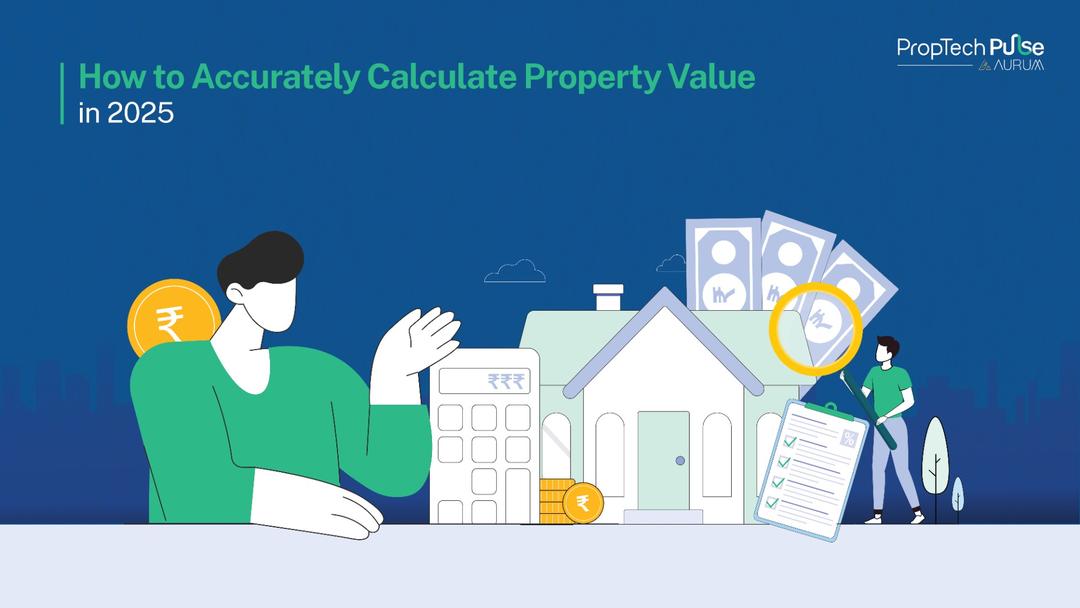Real Estate Efficiency

1. What Does It Mean to Convert Residential to Commercial Property?
Converting a residential property to commercial means officially changing its land use so it can legally be used for business activities—such as an office, clinic, boutique, restaurant, or retail outlet. In 2025, this process is increasingly relevant due to India’s urbanization, the startup boom, and the rise of home-based businesses. However, the process is complex, involving multiple legal, financial, and regulatory steps, and requires strict compliance with local zoning laws and municipal guidelines.
2. Residential vs Commercial Property: Key Differences
- Purpose of Use: Residential is for living; commercial is for business activities.
- Zoning Regulations: Commercial use requires approval and compliance with local zoning/master plans.
- Tax Implications: Commercial properties attract higher property taxes and utility rates.
- Utilities & Infrastructure: Commercial use may require upgrades (e.g., fire safety, parking, signage).
- ROI & Rental Yield: Commercial properties typically offer higher rental yields and long-term appreciation but also higher conversion and maintenance costs.
3. Why Convert Residential Property to Commercial?
- Higher Rental Income: Commercial leasing often commands higher rents than residential.
- Business Opportunity: Ideal for home-based offices, clinics, co-working, retail, and service businesses.
- Long-Term Appreciation: Properties in commercial zones often appreciate faster due to higher demand.
- Tax Benefits: Certain business expenses and depreciation can be claimed for commercial properties.
- Use Cases: Startups, boutiques, clinics, cafes, coaching centers, and professional offices.
4. Is Conversion Legally Permissible in India?
Yes, but only with approval from the local municipal authority or development body. Each city/state (e.g., DDA in Delhi, BDA in Bengaluru, MCGM in Mumbai) has specific zoning and master plan rules. Unauthorized conversion is illegal and can result in heavy penalties, sealing, or demolition. Some states allow regularization for a fee, but outright bans exist in certain zones or for certain business types.
5. Step-by-Step Process: How to Convert Residential to Commercial Property
Step 1: Review Local Zoning Laws & Master Plan
Check your city’s zoning map and master plan to see if your property is eligible for commercial conversion. Some areas are strictly residential; others may allow mixed or commercial use.
Step 2: Seek NOC (No Objection Certificate)
- Housing Society: If in a society, get a NOC from the RWA or managing committee.
- Neighbours: In standalone buildings, written consent from immediate neighbours may be required.
- Municipal Authority: Submit a NOC request to the local municipal office.
Step 3: Submit Conversion Application
Apply to the local municipal authority/land revenue department with:
- Property details and address
- Nature and size of intended business
- Company registration documents (if applicable)
- Approved building plan and occupancy certificate
Step 4: Pay Conversion Charges / Impact Fees
Pay the required residential to commercial conversion charges. These fees are substantial and vary by city, property size, and type of business.
Step 5: Get Approval and Completion Certificate
After inspection and verification, the authority will issue a conversion approval and updated completion/occupancy certificate. Only then can you legally use the property for commercial purposes.
6. Important Documents Required for Conversion
- Title deed and sale agreement
- Approved building plan and occupancy certificate
- Latest property tax receipt
- Identity/address proof of owner(s)
- NOCs from society/neighbours/municipal authority
- Conversion fee receipt
- Power of Attorney (if applicable)
- Business registration documents (for company use)
7. Cost Involved in Converting Residential to Commercial
- Delhi: ₹6,136–₹22,274 per sq m (zone/category-based)
- Gurgaon/Faridabad: ₹14,000–₹15,325 per sq m (fresh conversion)
- Bangalore: ₹250–₹600 per sq m (zone-based)
- Bhubaneswar: 3% of benchmark market value (BMV) of the property
- Other Fees: Development/impact fees, legal/documentation costs, renovation expenses, consultant/agent fees
Tip: Always check your city’s latest fee schedule and factor in GST and surcharges.
8. Risks and Challenges
- Legal Rejection: Application can be denied if the property is in a strictly residential zone or violates building codes.
- Neighbourhood Opposition: Residents may object due to noise, traffic, or security concerns.
- Higher Taxes & Utilities: Commercial rates for property tax, water, and electricity apply post-conversion.
- Parking & Traffic: Commercial use may require additional parking or traffic management.
- Re-conversion Restrictions: Some cities restrict reverting back to residential use.
9. Tips to Ensure Smooth Conversion
- Hire a real estate legal consultant or architect familiar with local laws.
- Avoid unauthorized conversions—penalties can include sealing or demolition.
- Engage with your RWA and neighbours early to address concerns.
- Ensure your property meets fire safety, accessibility, and signage norms.
- Keep all documents and receipts safely for future reference.
10. Alternatives to Full Conversion
- Mixed-Use Zoning: Some cities allow partial or mixed-use (residential + commercial) without full conversion.
- Work-from-Home Exceptions: Professionals (doctors, lawyers, consultants) may operate from home under certain conditions.
- Permitted Business Types: Some small-scale businesses (e.g., tuition, clinics) may be allowed in residential areas with RWA and municipal approval.
11. Examples of Successful Conversions
- Delhi: A ground-floor flat in South Delhi converted to a clinic after securing NOCs and paying ₹6,136 per sq m as conversion charge.
- Bangalore: A villa in Whitefield converted to a boutique, with conversion charges of ₹250 per sq m and society approval.
- Navi Mumbai: A bungalow converted to a startup office, after compliance with parking and fire safety norms.
12. Conclusion
Converting residential property to commercial use in India is a multi-step, legally intensive process that can unlock higher rental yields, business opportunities, and long-term value. However, it requires strict compliance with zoning laws, municipal approvals, and payment of significant conversion charges. Always seek professional guidance, avoid shortcuts, and ensure full documentation to safeguard your investment and business.
Unlock the Latest in Real Estate
News, Infographics, Blogs & More! Delivered to your inbox.
“Data that drives action. Insight that inspires action. Technology that empowers action.“
“Data that drives action.
Insight that inspires action.
Technology that empowers action.“









